Gia Lai Newspaper and Radio and Television reporters interviewed Ms. Nguyen Thi The Vy, Deputy Director of the Department of Agriculture and Environment, about this content.
Ms. Nguyen Thi The Vy, Deputy Director of the Department of Agriculture and Environment. Photo: Trong Loi
The province currently has 981 valid OCOP products, of which 851 products have achieved 3 stars (86.75%), 123 products have achieved 4 stars (12.54%) and 7 products have achieved 5 stars (0.71%). These products are developed by 507 entities, including 340 production establishments (67.06%), 82 cooperatives (16.17%), 81 companies (15.98%) and 4 organizations such as farmers' associations, craft villages, and cooperative groups (0.79%).
▪ With the rapid development of the OCOP Program, how has post-inspection work been implemented in recent times, madam?
- In order to improve the effectiveness of management and supervision of recognized OCOP products, especially 3-star products previously assessed by the district level, every year the Department of Agriculture and Environment proactively coordinates with relevant departments and branches such as the Department of Industry and Trade, Department of Health , Department of Science and Technology, and local authorities to establish inspection teams at OCOP-certified facilities in the province. Thereby, the inspection teams will clearly identify the shortcomings and limitations of each entity and each product to orient solutions, improve product quality, and contribute to the sustainable development of the OCOP Program.
Furthermore, the Department of Agriculture and Environment has also developed a plan to inspect establishments producing and trading OCOP products and products whose OCOP certification labels have expired; requiring localities to step up inspection, rectification and proposal to revoke OCOP certificates for entities and products that do not meet regulations, violate regulations on the use of the OCOP logo or related legal regulations.
The provincial OCOP program has increased the value of agricultural products and promoted the rural economy , however, post-inspection is still the key factor to ensure product reputation and quality. Photo: Trong Loi
▪ Madam, for OCOP products that do not meet requirements, what measures does the Department of Agriculture and Environment take to handle and support?
- In cases of violations of quality standards, labels, packaging or non-compliance with regulations on the use of OCOP logos, the Department shall issue a written notice to the subject and locality, and request the subject to correct the situation within the prescribed time limit.
In particular, the Department focuses on propaganda work for OCOP subjects to upgrade product labels, convert from manual information retrieval to electronic traceability, especially for products oriented to meet 4-star and 5-star OCOP standards.
In addition, the Department coordinates with relevant agencies to create conditions for subjects to access support policies such as training, coaching, and information and propaganda through the Gia Lai New Rural Information website (https://ntm.snnptnt.gialai.gov.vn), conduct on-site inspections at production facilities, and participate in council meetings to evaluate and classify OCOP products.
Through these activities, OCOP products are not only supported to complete the necessary criteria to participate in the first assessment, reclassification or upgrading, but also contribute to improving the internal capacity of the subject, towards sustainable development.
Mr. Le Van Cong, owner of Nam Cong Bird's Nest facility (Tuy Phuoc Dong commune) with products meeting 4-star OCOP standards in 2024. Photo: Trong Loi
▪ In the context of technological development, does the Department of Agriculture and Environment have any plans to apply technology to post-inspection work?
- Currently, the specialized database system has not been completed yet. To meet the requirements of continuous management and monitoring of OCOP products, the Department has temporarily deployed a solution to store product records on the Google Drive platform. This method facilitates the search, update, and comparison of information and promptly serves the inspection and supervision work.
In the coming time, the Department will propose to build a centralized data management system to connect between government levels and related units. This system will contribute to improving management efficiency, information transparency, and at the same time better serve post-inspection work and develop a sustainable OCOP Program.
▪ So what specific support policies does the province have for enterprises and cooperatives producing OCOP products?
- To improve product quality and meet post-inspection requirements, departments and branches have integrated many policies, including: Support for trade promotion, building and registering trademarks, transferring and innovating technology, applying advanced management systems, establishing industrial property rights, tracing origin, building brands, developing organic production, VietGAP certification and developing craft villages. This policy contributes to improving production capacity, product quality and sustainable development of the OCOP Program.
▪ Thank you!
Source: https://baogialai.com.vn/san-pham-ocop-can-quan-tam-khau-danh-gia-va-hau-kiem-post562344.html



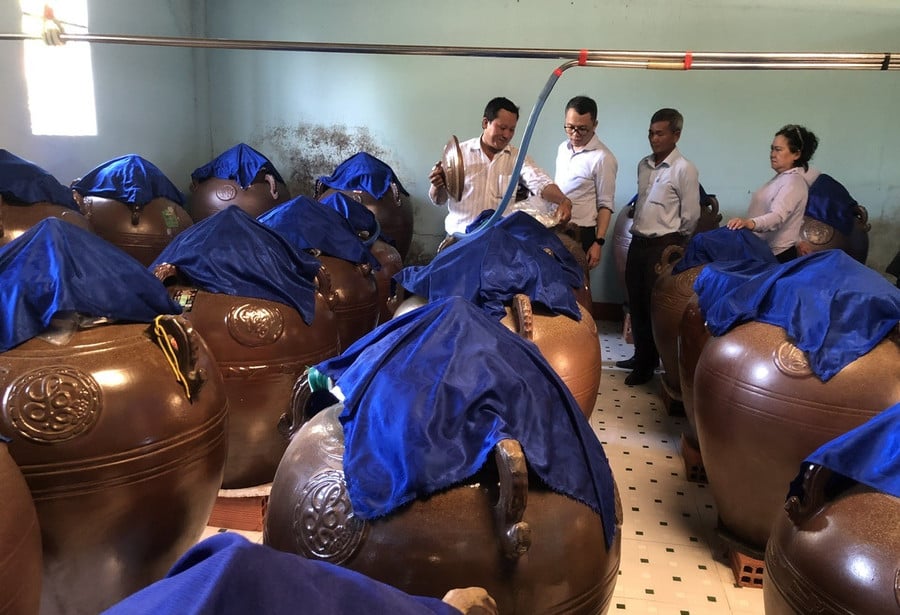
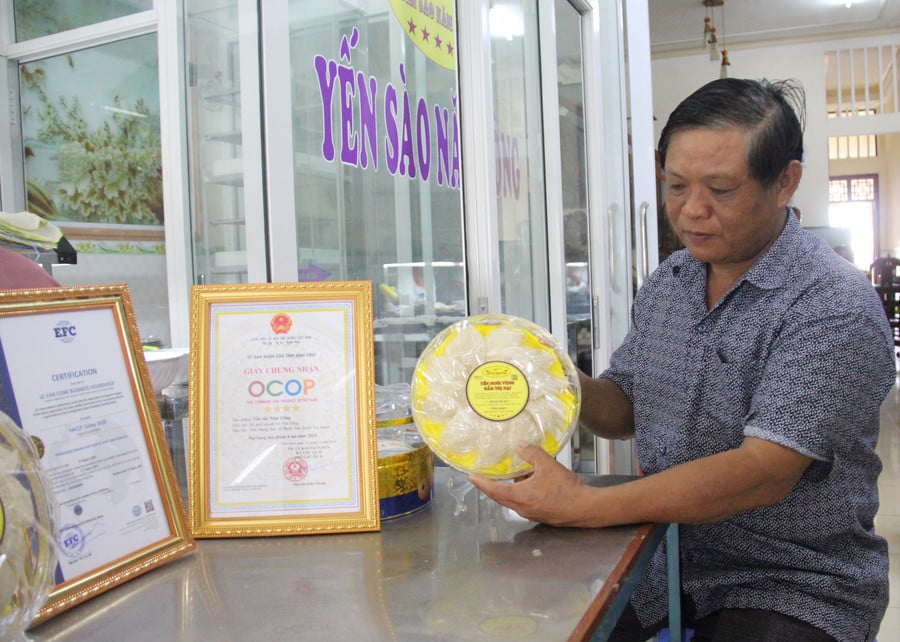
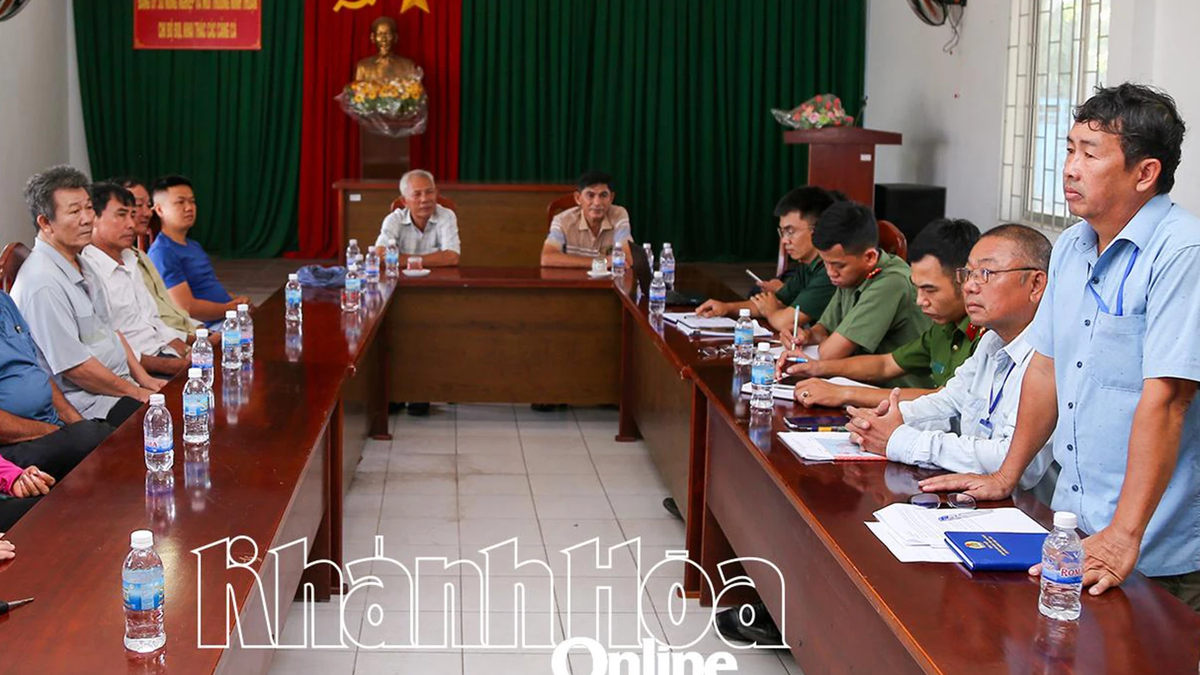
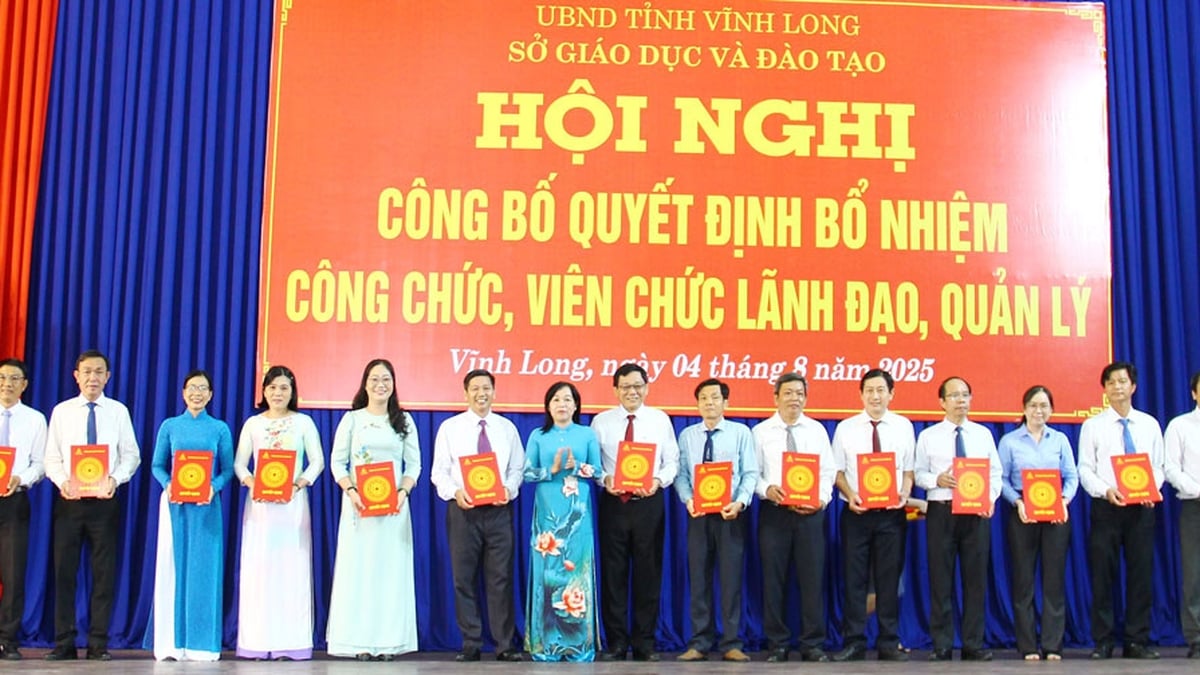



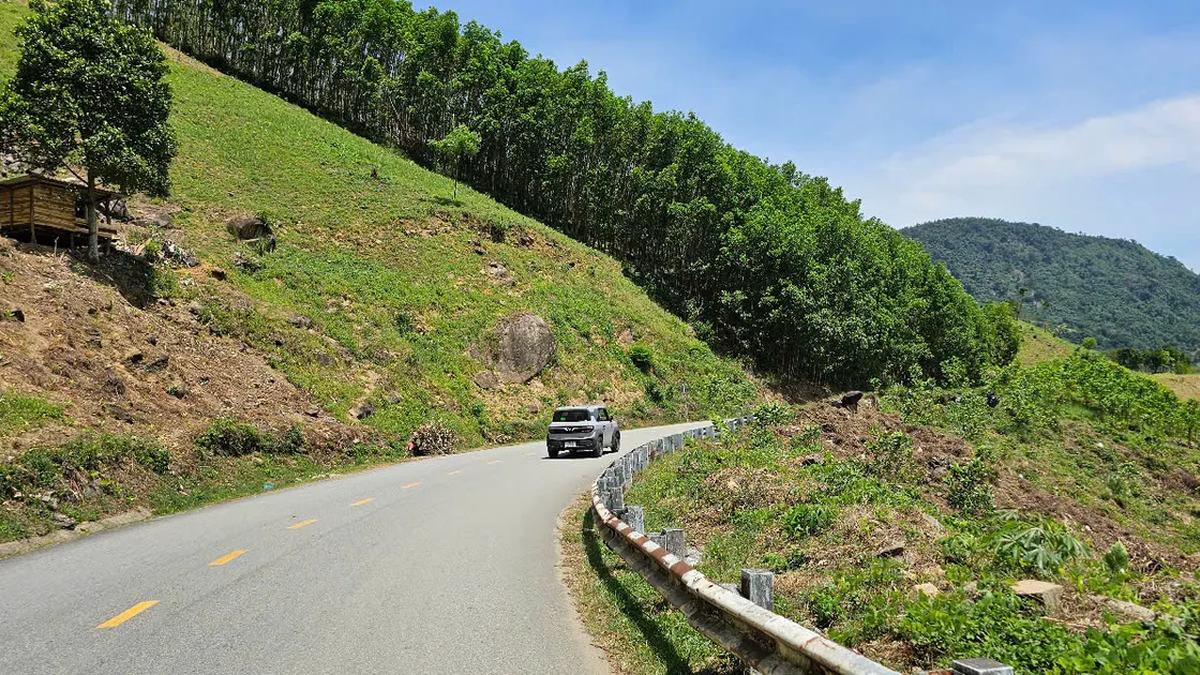

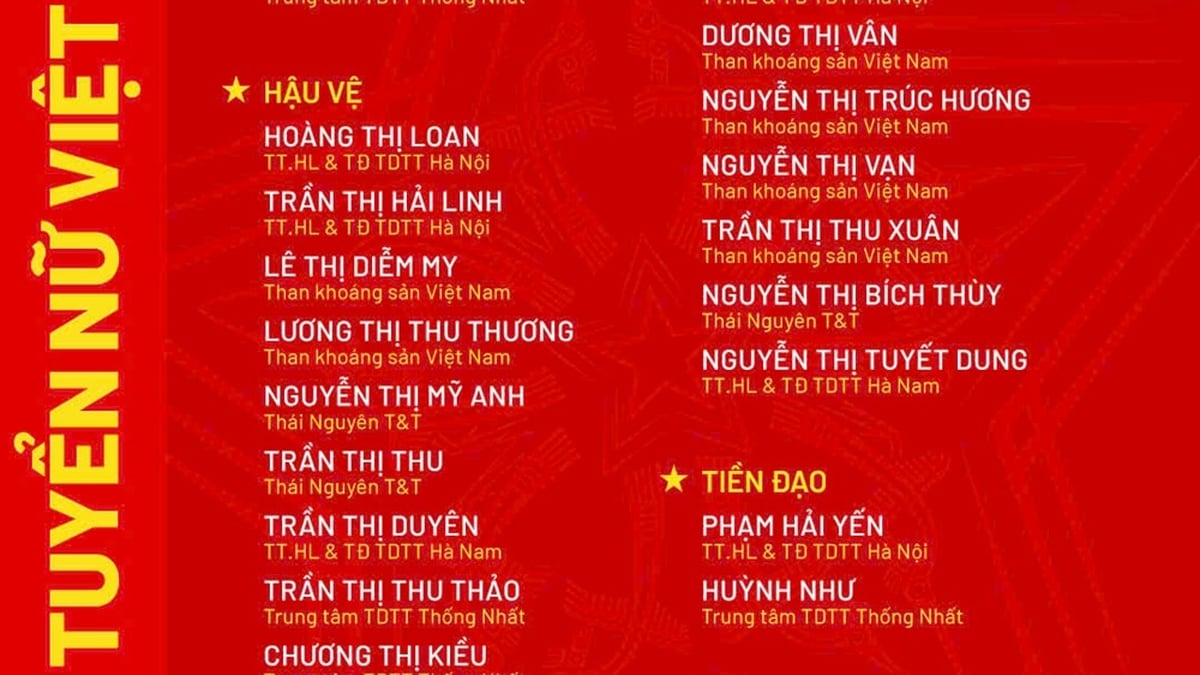
















































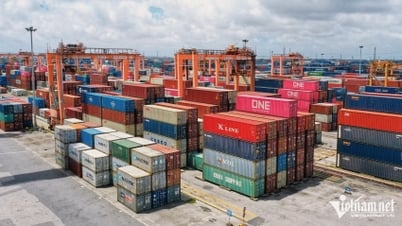






































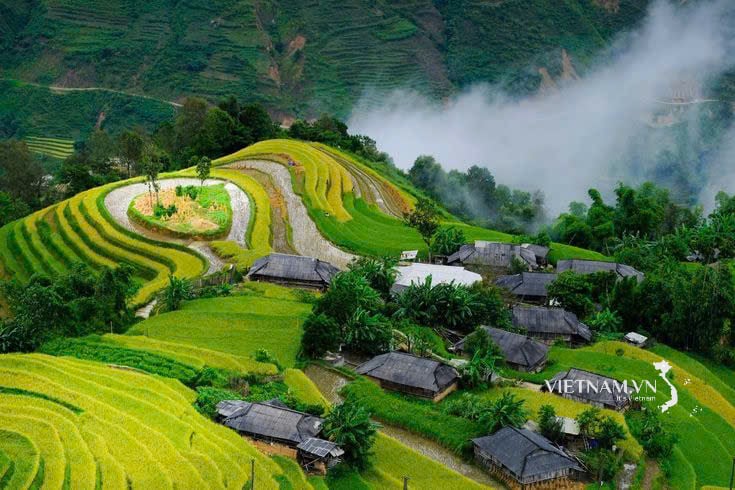
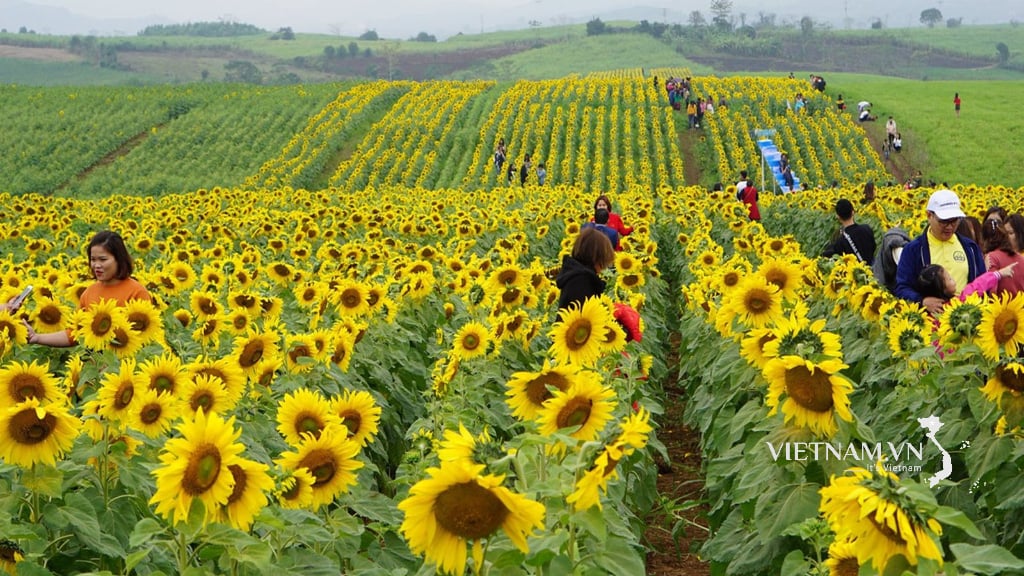


Comment (0)